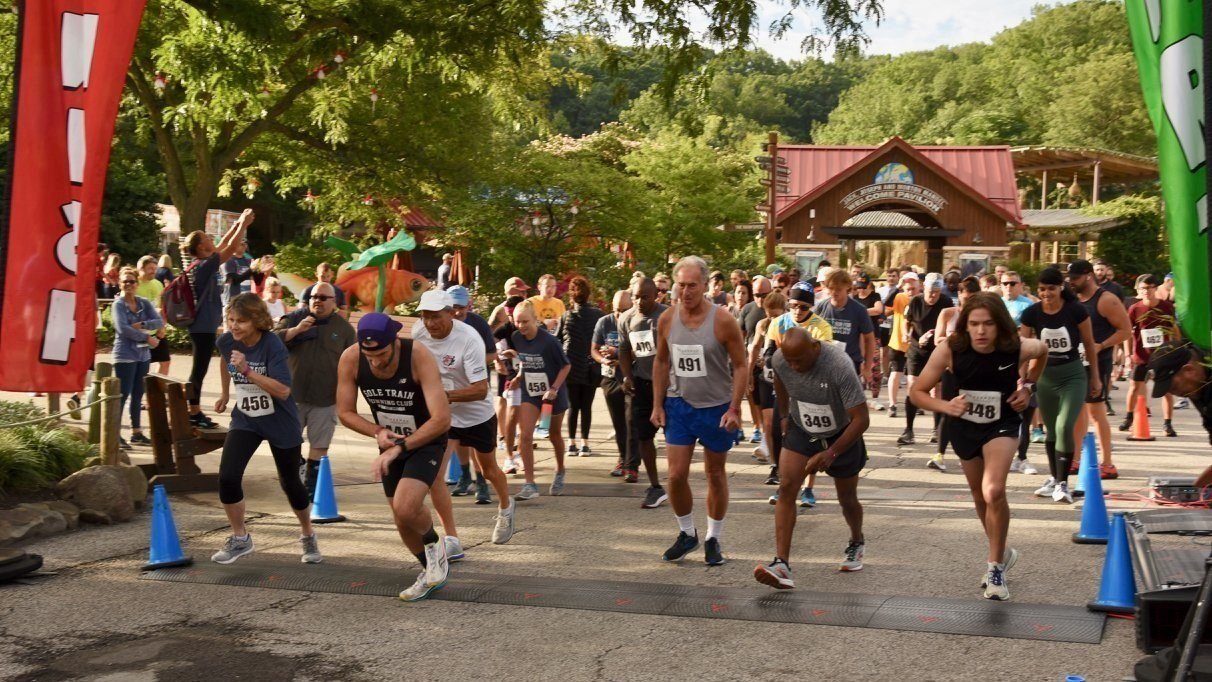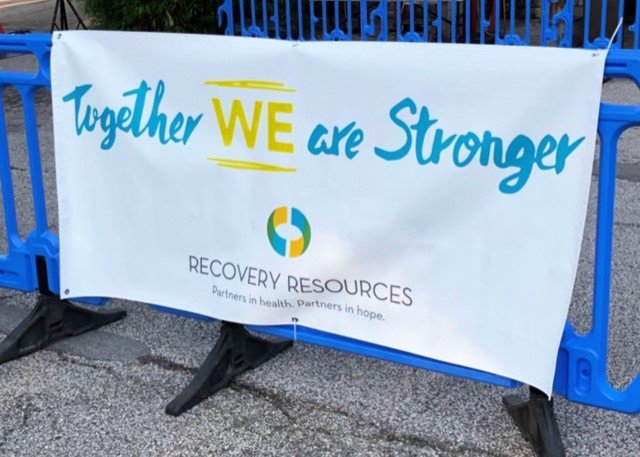Stories of Impact
Recovery Resources
Increasing Access to Mental Health and Addiction Services - Recovery Resources removes Barriers to treatment & Care
Deciding to seek treatment for behavioral health and/or addiction disorder is a difficult step to initiate and often complicated by obstacles to accessing care. The National Institute of Health reports one in five adults experience mental illness each year with less than half receiving treatment, while one in ten adults experience a drug or alcohol problem with only eleven percent receiving treatment. Many times, these conditions are not mutually exclusive given that mental illness and substance use disorders often intertwine. Individuals pursuing care typically face challenges including long waiting lists, lack of adequate health coverage, transportation issues, social stigma, and among vulnerable populations – the added burden of structural racism and economic exclusion. The existence of these barriers can be overwhelming and prevent follow-through with treatment services in the pivotal moment a person is ready to commit.
A trusted resource in the community since its formation in 1955, Recovery Resources is committed to its mission of helping people triumph over mental illness, alcoholism, drug, and other addictions through prevention, treatment, and recovery services. In 2019, The MetroHealth System partnered with Recovery Resources to expand services across the community and provide coordinated care between both organizations. This integrated approach to behavioral and physical health bridges a critical gap that makes treatment less fragmented, more easily accessible, and considers the full spectrum of care a person may need. Today, clients under the care of Recovery Resources have easier access to MetroHealth services, linking them with added primary and preventative care options.
Demand for mental health and substance use services rose steadily in recent years and worsened during the COVID-19 pandemic due to heightened risk factors and new barriers to care. This altered landscape impacted service capacity prompting Recovery Resources to reevaluate processes, identify gaps, and recalibrate practices. As a result, several infrastructure enhancements, employee development and wellness initiatives, and safety improvement plans emerged. Continued philanthropic support from Three Arches Foundation gave Recovery Resources the flexibility to further augment its patient-centered approach through a two-year general operating grant with unrestricted funding. First up on the list was a much-needed technology overhaul throughout the organization resulting in upgraded and user-friendly telecommunications and computer systems, including an innovative online appointment scheduling portal to drive increased efficiency and expand telehealth capabilities. Enabling ‘care in the moment’ access – that critical point when a person is ready to seek help – was also a driver for the infrastructure upgrades. As part of their centralized client intake process, Recovery Resources aimed to ensure there was always a way for people to connect wherever they are and regardless of time. “It’s not uncommon to see spikes in the number of appointments scheduled online between midnight and 4AM,” shared Sandra Sims, MEd, LPCC-S, Director of Clinical Operations at Recovery Resources. “Regardless of how or when a person decides to reach out, we’re able to get them in for a same week initial assessment with our team who subsequently prescribe appropriate services.”
Also underway through availability of the unrestricted grant funds is reconfiguration and streamlining of space at Recovery Resources locations. “We recognized the physical environment is no longer optimal in its current design,” states Seona Goerndt, Executive Director of Recovery Resources. “This was an opportunity to foster an inclusive and equitable environment tailored around the fluid needs of our clients.” The new logistic flow embraces a warm, friendly, safe, and supportive atmosphere for both clients and staff. With approximately sixty percent of clients visiting an onsite location, these foundational improvements are proving to be a key factor in better serving those coming to Recovery Resources for support now, and in the future.
Whether seeking treatment for mental illness or substance use disorders, Recovery Resources offers a full continuum of care thanks to a multi-disciplinary team of professionals helping patients initiate, manage, and sustain recovery. Facing staff shortages and changed workplace mindsets plaguing most organizations, Recovery Resources embraced an immediate need for employee well-being and reinvestment. Taking a bottom-up approach with input from staff across the organization, a tiered career development model – specifically with care coordination was implemented to expand opportunities for growth, offer continued training and education, and provide leadership mentoring as motivators for retention. This unique approach comes at a time when demand for providers continues to soar across the state. According to the Ohio Department of Mental Health and Addiction Services, that demand jumped 70% alone last year. “We took an inward-look and knew the widespread shortage of providers was a critical area to address,” adds Sims. “Grant funding let us implement broader training and increased wellness support, especially among our trauma-informed workforce.”
Factoring in the changed landscape and period of heightened demand for services, the unrestricted two-year grant let Recovery Resources rethink its strategic approach and allocate funding towards projects to help our team work as effectively as possible,” comments Goerndt. “Aligned through our shared focus on access to care, we appreciate that Three Arches Foundation is a philanthropic partner that shows interest in our work, asks the right questions, and has trust in our ability to decide where the use of grant dollars is most impactful.” Recovery Resources is doing their part to break down barriers for people throughout the community struggling with mental health and substance use disorders through innovative care and treatment solutions enhanced by a commitment towards continuous improvement.
To learn more about Recovery Resources, visit www.recres.org. If you or someone you know is having a mental health emergency, contact the Mobile Crisis Team at 216.623.6888.
Photos courtesy of Recovery Resources
Published November 2022









